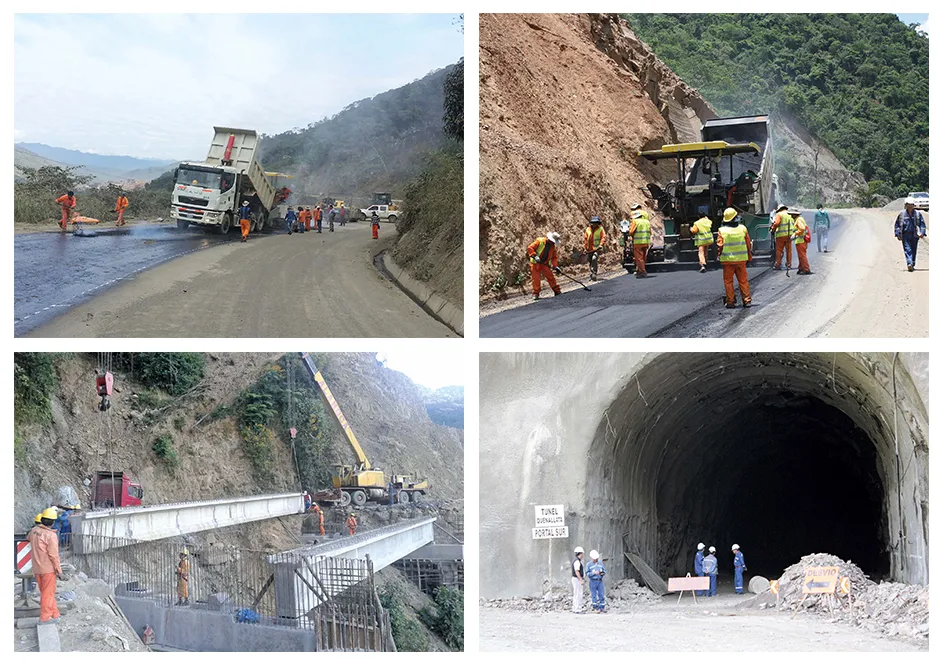An innovative combined road and drainage tunnel is being proposed for Indonesia’s capital Jakarta. A study is underway at the moment for this novel integrated tunnel project, which is expected to cost in the region of US$1.88 billion. Work is due to commence during 2015, with the initial phase of the construction being carried out by Antaredja Mulia Jaya. The project is calling for two 12km tunnels that will help alleviate flooding in the city during periods of high rainfall as well as featuring a road. The
February 16, 2015
Read time: 2 mins
RSSAn innovative combined road and drainage tunnel is being proposed for Indonesia’s capital Jakarta. A study is underway at the moment for this novel integrated tunnel project, which is expected to cost in the region of US$1.88 billion. Work is due to commence during 2015, with the initial phase of the construction being carried out by Antaredja Mulia Jaya. The project is calling for two 12km tunnels that will help alleviate flooding in the city during periods of high rainfall as well as featuring a road. The plan calls for the tunnels to be complete in three years. One of the tunnels will link Tanah Abang with Ulujami and the other will connect Manggarai with Bale Kambang.
The project is similar in concept at least to the5333 Stormwater Management and Road Tunnel's (SMART) section constructed in Malaysian capital Kuala Lumpur some years ago. Like Jakarta, Kuala Lumpur also suffers from heavy rainfall at times and the two cities share similar climactic conditions. With a heavy focus on vehicle traffic for transportation, congestion was an issue in Kula Lumpur and the city authorities decided to tackle two issues in one by construction the SMART project. Jakarta’s traffic congestion is also a major problem.
For most of the time Kuala Lumpur’s SMART link operates as a dual deck road tunnel, providing an express route for traffic under the city. But during periods of heavy rain, its road decks are closed to cars and carry. The SMART tunnel is 9.8km long and its central 3km carries out the dual role, with traffic carried on two decks. Floodwater can be carried in the lowest portion of the tunnel, beneath the lower road deck. The road decks are protected from flooding to maximise safety and can also be closed to traffic and opened to flood flows when the water levels are particularly high.
Those involved in building the project in Jakarta stand to learn a lot from how the SMART link was constructed in Kuala Lumpur as it went, broadly speaking, to plan. Despite geological and technical challenges, the tunnel was constructed within the planned two year period and $464 million budget, without major incident.
The project is similar in concept at least to the
For most of the time Kuala Lumpur’s SMART link operates as a dual deck road tunnel, providing an express route for traffic under the city. But during periods of heavy rain, its road decks are closed to cars and carry. The SMART tunnel is 9.8km long and its central 3km carries out the dual role, with traffic carried on two decks. Floodwater can be carried in the lowest portion of the tunnel, beneath the lower road deck. The road decks are protected from flooding to maximise safety and can also be closed to traffic and opened to flood flows when the water levels are particularly high.
Those involved in building the project in Jakarta stand to learn a lot from how the SMART link was constructed in Kuala Lumpur as it went, broadly speaking, to plan. Despite geological and technical challenges, the tunnel was constructed within the planned two year period and $464 million budget, without major incident.








